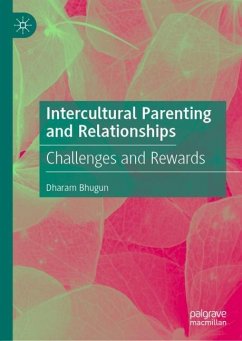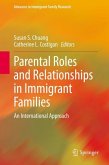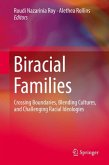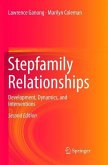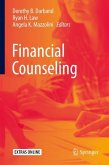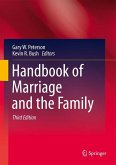This book provides understandings of how intercultural, -racial, -ethnic, -national, and -faith couples and parents in Australia bring up their children and manage their relationships. Which challenges and benefits do they encounter, and which strategies do they use to negotiate their differences and belongingness? In portraying the lived experiences of intercultural couples and parents, Bhugun considers contextual and external factors such as individual and personality traits, the environment, gender and power, religion, socio-economic status, extended family, friends, and diasporic communities. Moving the reader from beyond negative stereotypes to a more nuanced representation of both the challenges and benefits of the phenomenon, Intercultural Parenting and Relationships provides intimate testimonies and offers innovations in theory and practice.
Scholars, practitioners, students, intercultural couples, parents, families and the wider community will benefit from the rich insights into the challenges and successes of intercultural relationships and parenting presented in this book.
Scholars, practitioners, students, intercultural couples, parents, families and the wider community will benefit from the rich insights into the challenges and successes of intercultural relationships and parenting presented in this book.

